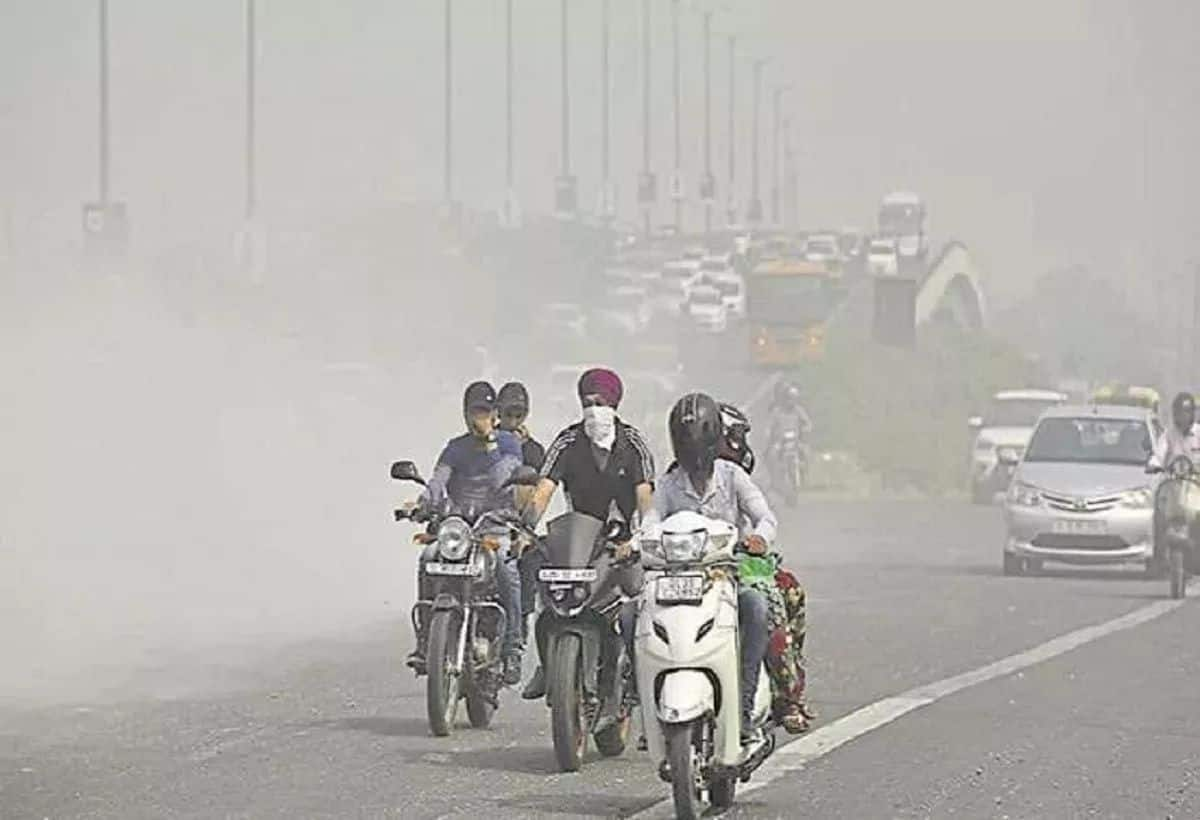As Diwali approaches, Delhi is grappling with a severe air pollution crisis that demands urgent attention. The situation has escalated due to stagnant air conditions, resulting in a significant increase in pollutants across the city. On the morning of October 27, 2024, the Air Quality Index (AQI) in the capital soared above 400, highlighting the alarming levels of air contamination that residents are facing.
Current Air Quality Situation in Delhi
The current air quality in Delhi is categorized as hazardous, which poses serious health risks to the inhabitants of the city. With the AQI surpassing the 400 mark, it is imperative for citizens and authorities to remain vigilant and take necessary precautions. This surge in pollution levels can be attributed to various factors, including vehicular emissions, industrial discharges, and the impending festive season that often sees a rise in firecracker usage.
Factors Contributing to Rising Pollution Levels
Several key factors are influencing the degradation of air quality in Delhi:
- Stagnant Weather Conditions: Reduced wind speeds are preventing the dispersion of pollutants, leading to higher concentrations in the atmosphere.
- Increased Traffic: As people prepare for Diwali, traffic congestion has increased, resulting in more emissions from vehicles.
- Construction Activities: Ongoing construction projects in various parts of the city contribute to dust and particulate matter in the air.
- Firecracker Usage: The traditional practice of bursting firecrackers during Diwali is expected to exacerbate pollution levels further.
Health Implications of Poor Air Quality
High levels of air pollution can lead to a myriad of health issues, particularly for vulnerable populations such as children, the elderly, and those with pre-existing respiratory conditions. Exposure to hazardous air quality can result in:
- Respiratory Diseases: Increased cases of asthma, bronchitis, and other respiratory illnesses.
- Cardiovascular Problems: Poor air quality has been linked to heart diseases and other cardiovascular conditions.
- Decreased Immune Function: Long-term exposure can weaken the immune system, making one more susceptible to infections.
Steps to Mitigate Air Pollution
To combat the growing air pollution crisis in Delhi, several proactive measures are recommended:
- Public Awareness Campaigns: Increasing awareness about the effects of air pollution and promoting eco-friendly practices.
- Regulation of Vehicle Emissions: Stricter enforcement of emission standards for vehicles can help reduce pollution levels significantly.
- Promotion of Green Spaces: Expanding green areas within the city can help absorb pollutants and improve air quality.
- Alternatives to Firecrackers: Encouraging the use of safer, eco-friendly ways to celebrate Diwali without contributing to air pollution.
Conclusion
The alarming rise in air pollution levels in Delhi ahead of Diwali highlights the urgent need for collective action from both citizens and authorities. By implementing proactive strategies and raising awareness about the importance of clean air, we can work towards a healthier and more sustainable environment. It is essential for everyone to stay informed and take necessary precautions to safeguard their health during this critical time.
